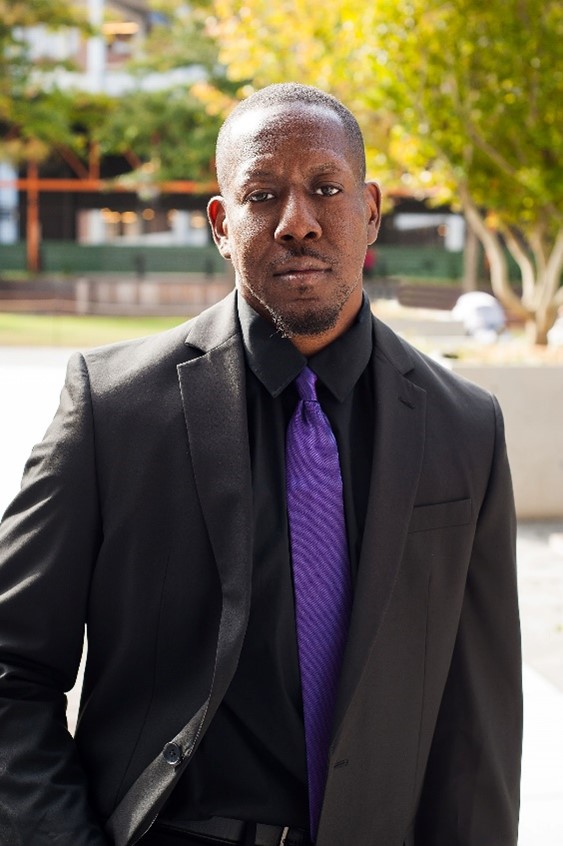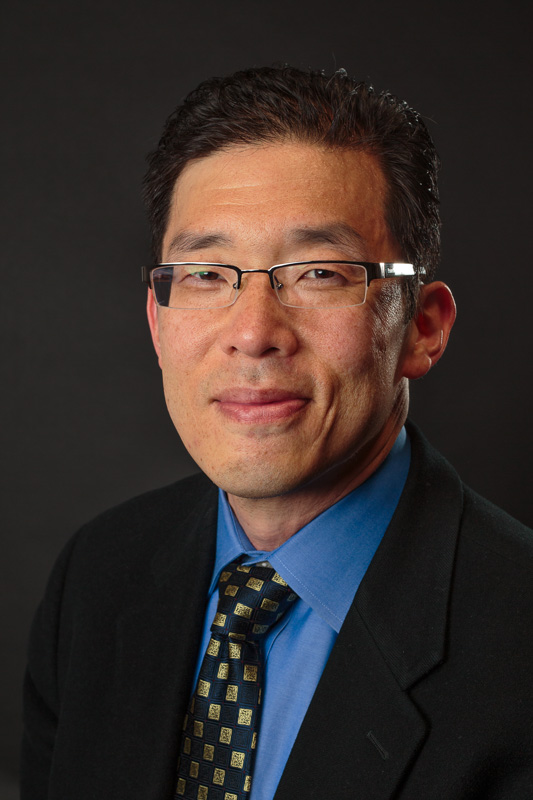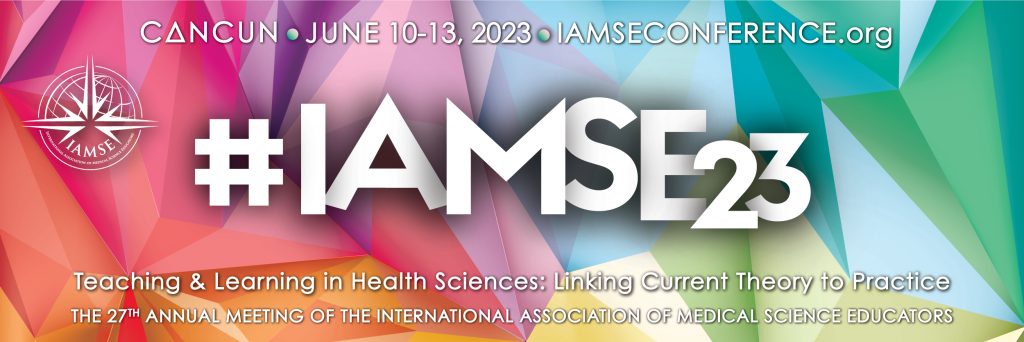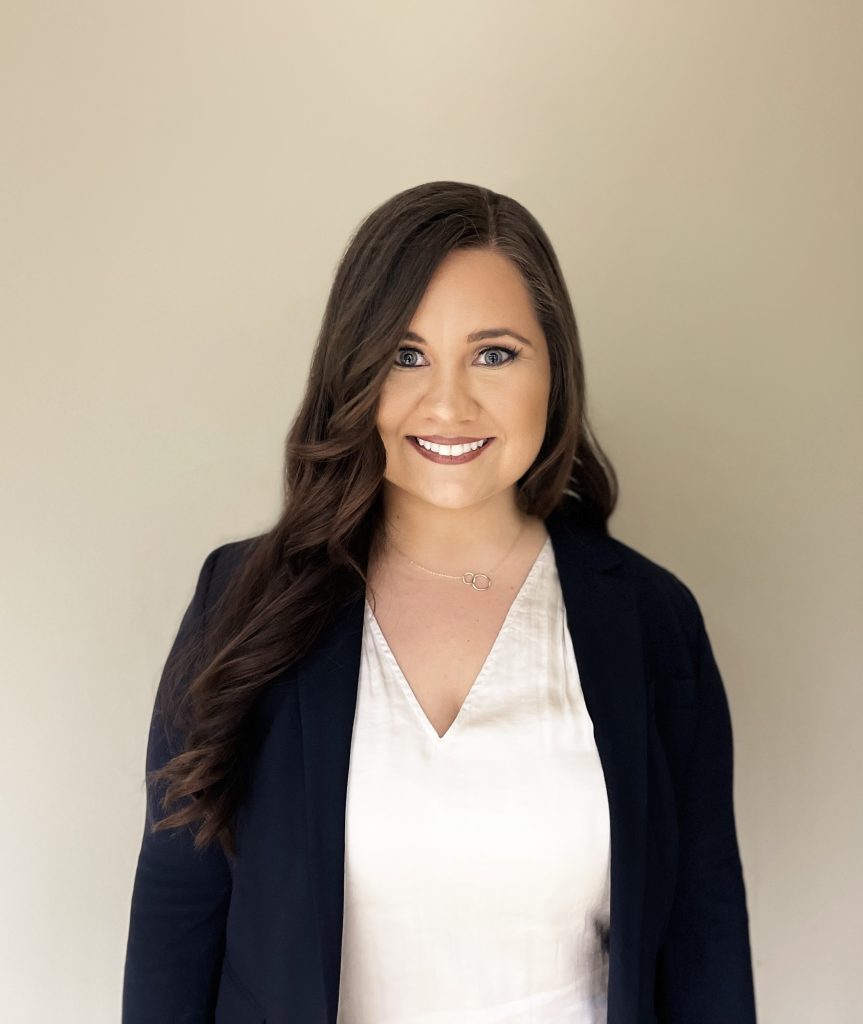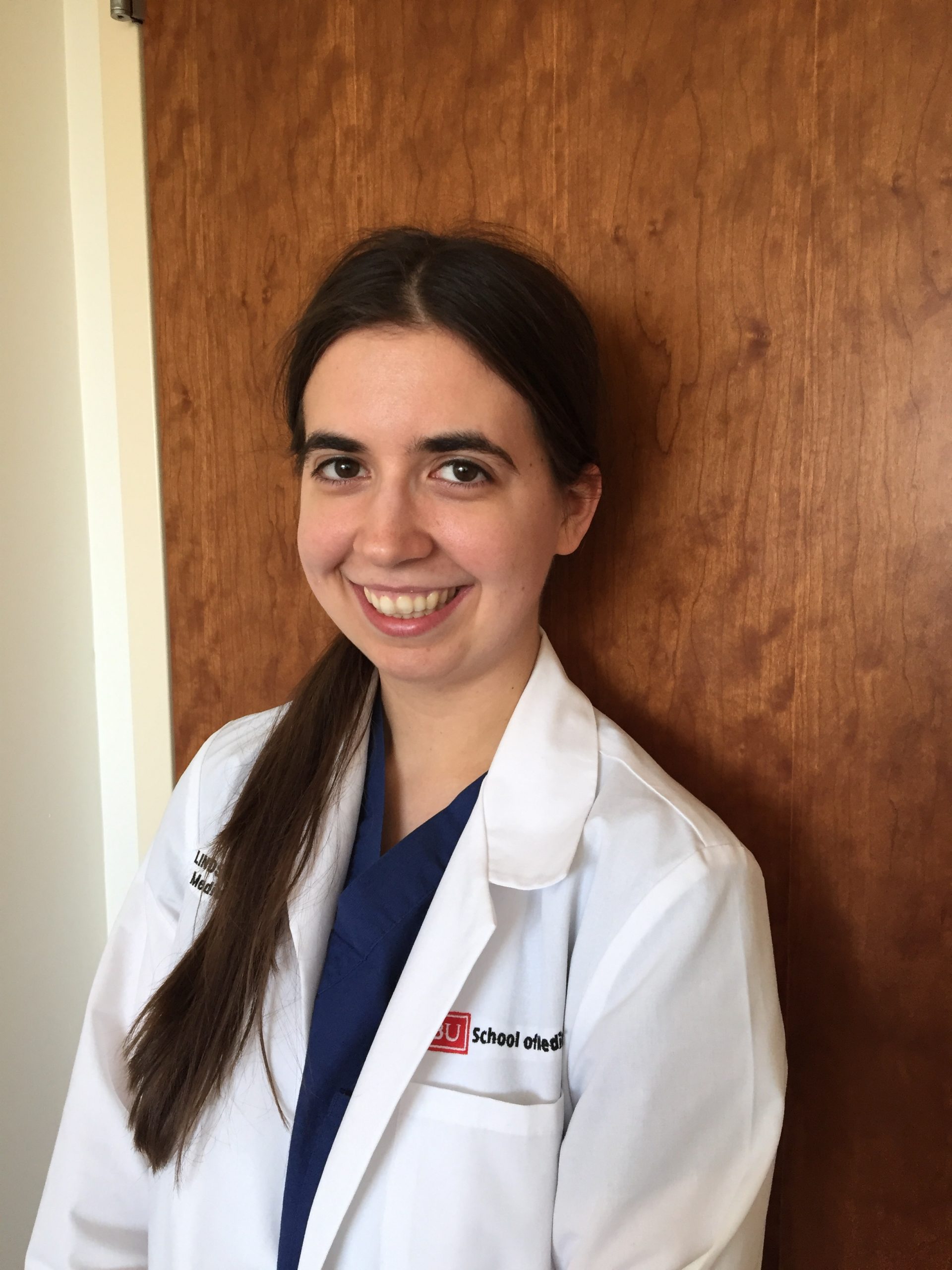
Lindsey Claus
IAMSE 2022 Outstanding Student Oral Presentation Award Winner
Medical Student at the Boston University School of Medicine
Our association is a robust and diverse set of educators, students, researchers, medical professionals, volunteers and academics that come from all walks of life and from around the globe. Each month we choose a member to highlight their academic and professional career and see how they are making the best of their membership in IAMSE. This month’s Featured Member is Lindsey Claus.
Lindsey Claus
IAMSE 2022 Outstanding Student Oral Presentation Award Winner
Medical Student at the Boston University School of Medicine
Congratulations on winning the Outstanding Student Oral Award, a Student Travel Grant, and a Student Educational Scholarship Grant at the 2022 IAMSE Conference! What influenced your decision to submit to this conference?
I was motivated to submit to the IAMSE Conference because I knew that my mentor Dr. Jonathan Wisco has found IAMSE to be a supportive community of scholars, and I was excited by the opportunity to learn more about medical education initiatives at other institutions through attending sessions at the conference. At the Denver meeting in June 2022, I was blown away by the passion for medical education expressed by many of the other attendees, and I loved chance to attend workshops to dive more deeply into new topics, like the use of competency-based standards in preclinical medical education. I am very much looking forward to attending next year’s conference in Cancún!
Tell me a little bit about the research of your winning oral presentation. What really excites you about this topic?
This project was focused on studying the Fall 2021 preclinical ultrasound elective at Boston University School of Medicine to measure the efficacy of the elective in teaching students ultrasound-related concepts and to examine how (or if) the course affected students’ professional identity formation and/or helped students connect their basic science coursework with the principles of future clinical practice. I am very excited by the opportunity that this research provides to meet student-identified interests in gaining clinical skills early in their medical education while trying to determine the most effective and transformational ways to build new learning experiences that meet this need.
Can you tell us more about the project you submitted for your Student Educational Scholarship Grant?
Through the Student Educational Scholarship Grant project, we are building on our prior study of the 2021 ultrasound elective to see if we can build new learning experiences for students that are particularly focused on applying the principles of self-directed learning. To do this, we are creating opportunities for pairs of students to sign up for additional practice ultrasound sessions, in which they will use a portable Butterfly probe to practice specific ultrasound techniques which they have identified as areas to work on. Our aims are to both measure the efficacy of the Butterfly probe as compared to a traditional ultrasound tower and to examine how students self-define topics to work on and work in pairs to improve at these skills.
As a student member of IAMSE, what benefits does the association offer that help you as a student?
I feel that I have benefitted tremendously from the opportunities that IAMSE provides for students to meet and learn from experts in the field of medical education, as well as fellow students from other universities. At the 2022 IAMSE Conference in Denver, it was great to be able to meet graduate students and medical students from around the globe who are all passionate about medical education.
Anything else that you would like to add?
I would like to thank my PI, Dr. Jonathan Wisco, for all of his support, and I would like to emphasize that the Boston University Ultrasound is for Everyone elective was only possible because of the efforts of a large team including my co-leaders, Jessica Landau-Taylor, Brett Cassidy, and Minali Prasad, and many BU faculty members, including especially Dr. Kitt Shaffer. I would also like to thank IAMSE for the organization’s generous support of this research.
Want to learn more about the benefits of being a student member of IAMSE?

